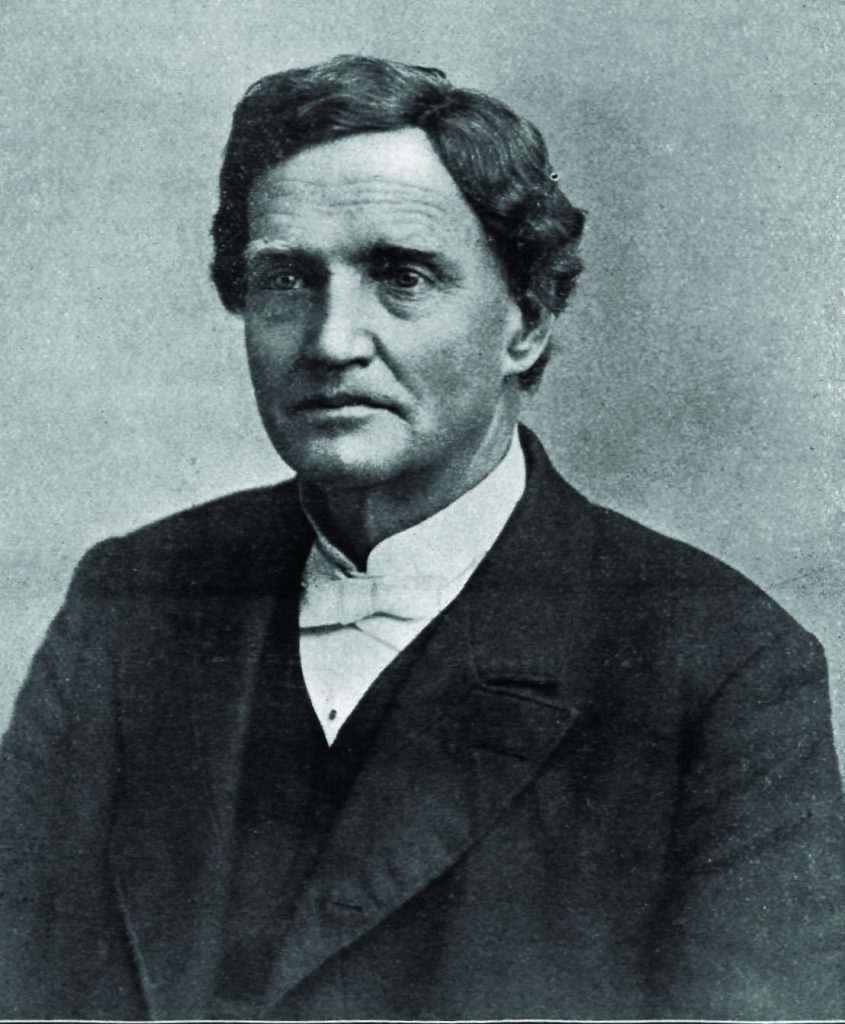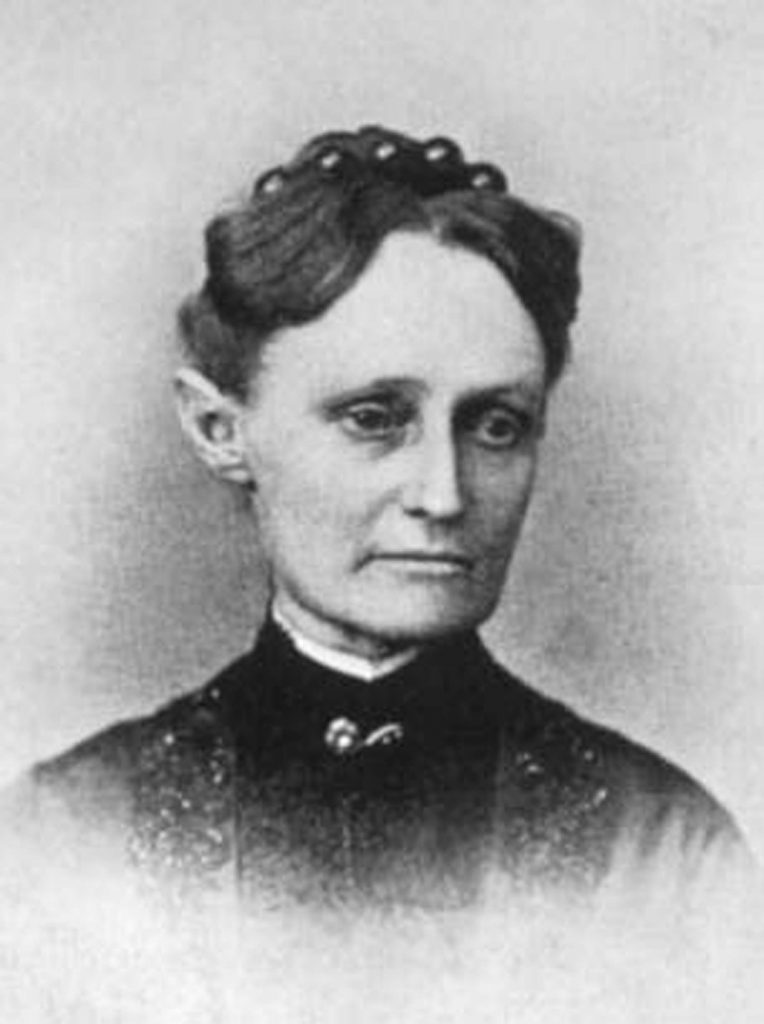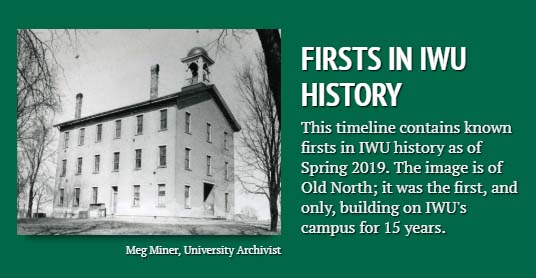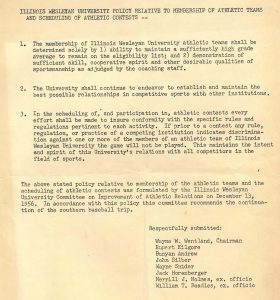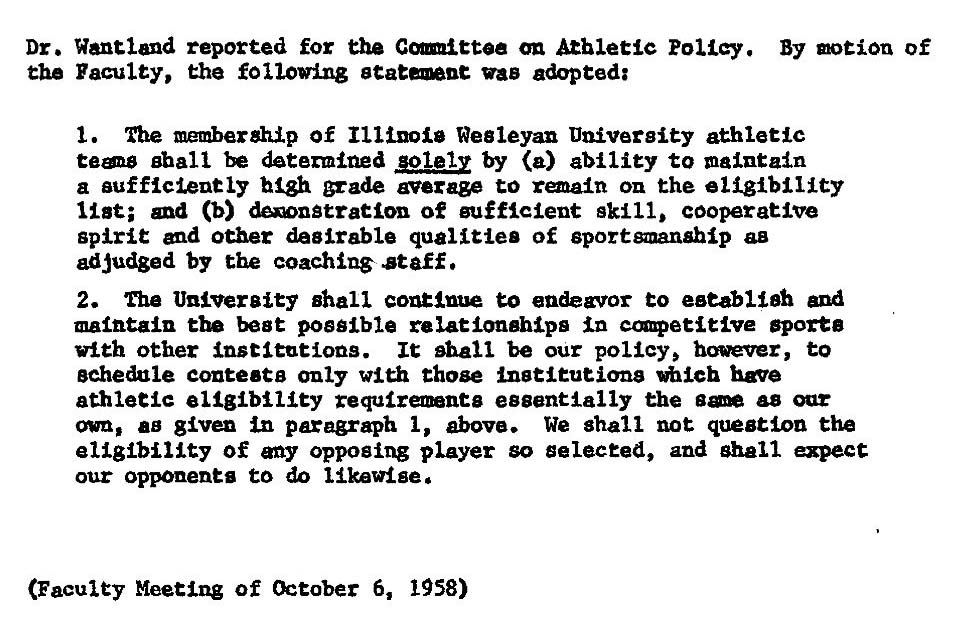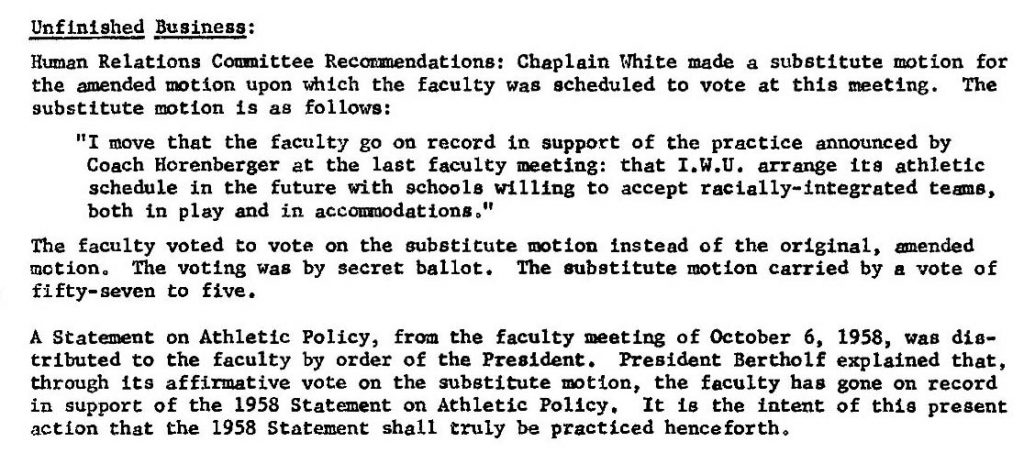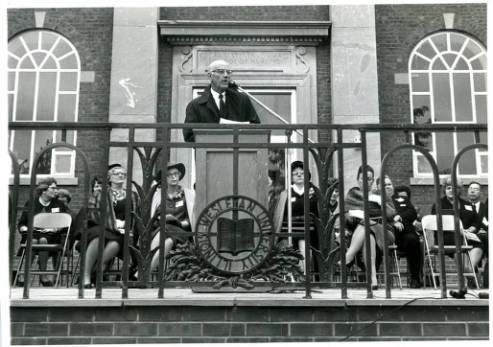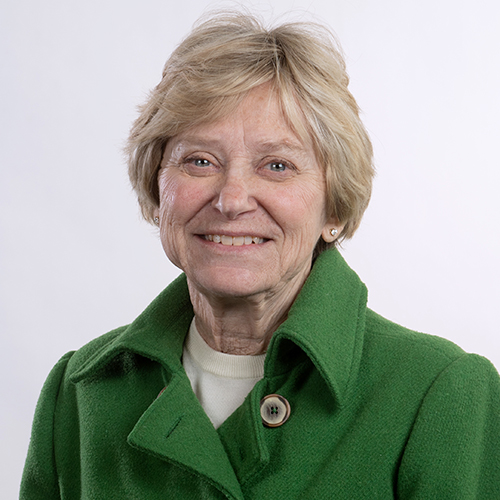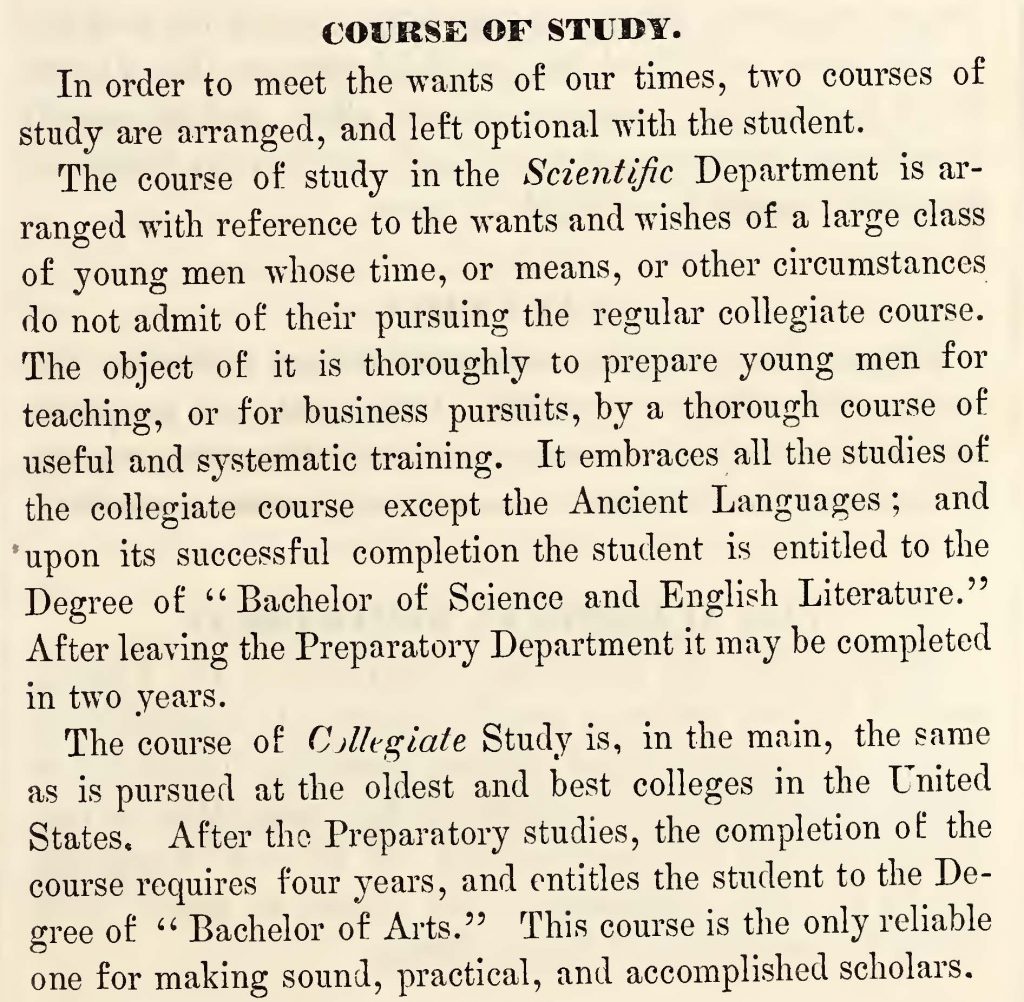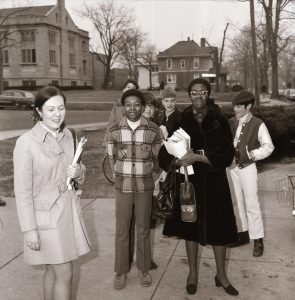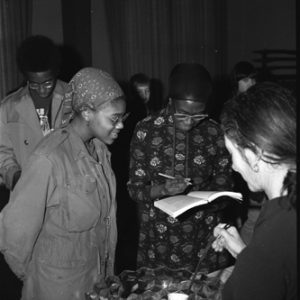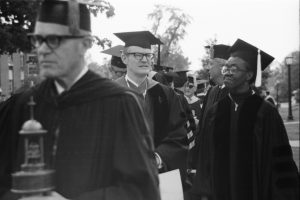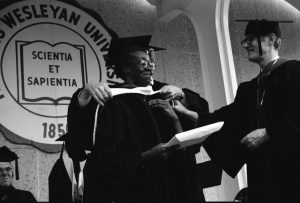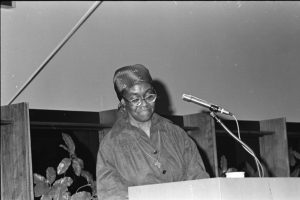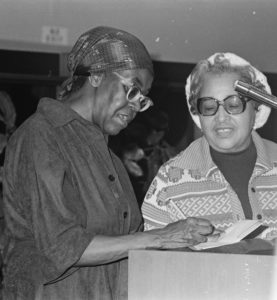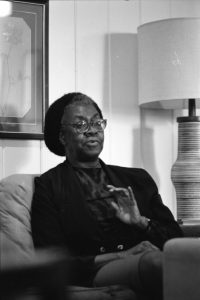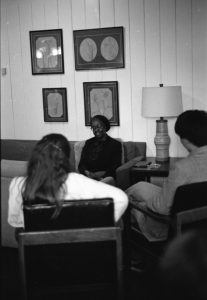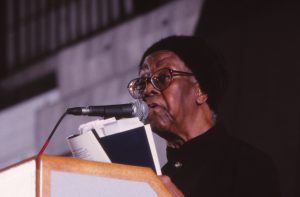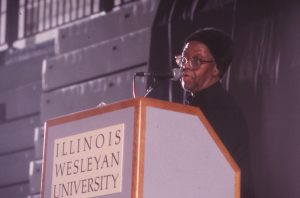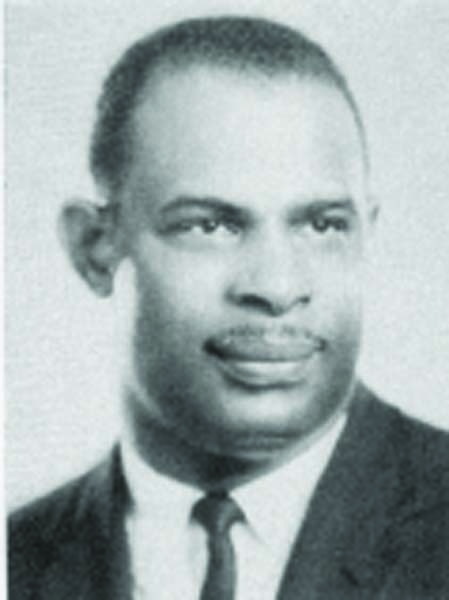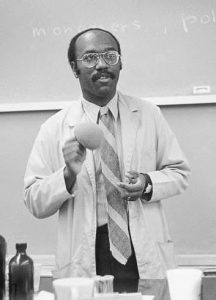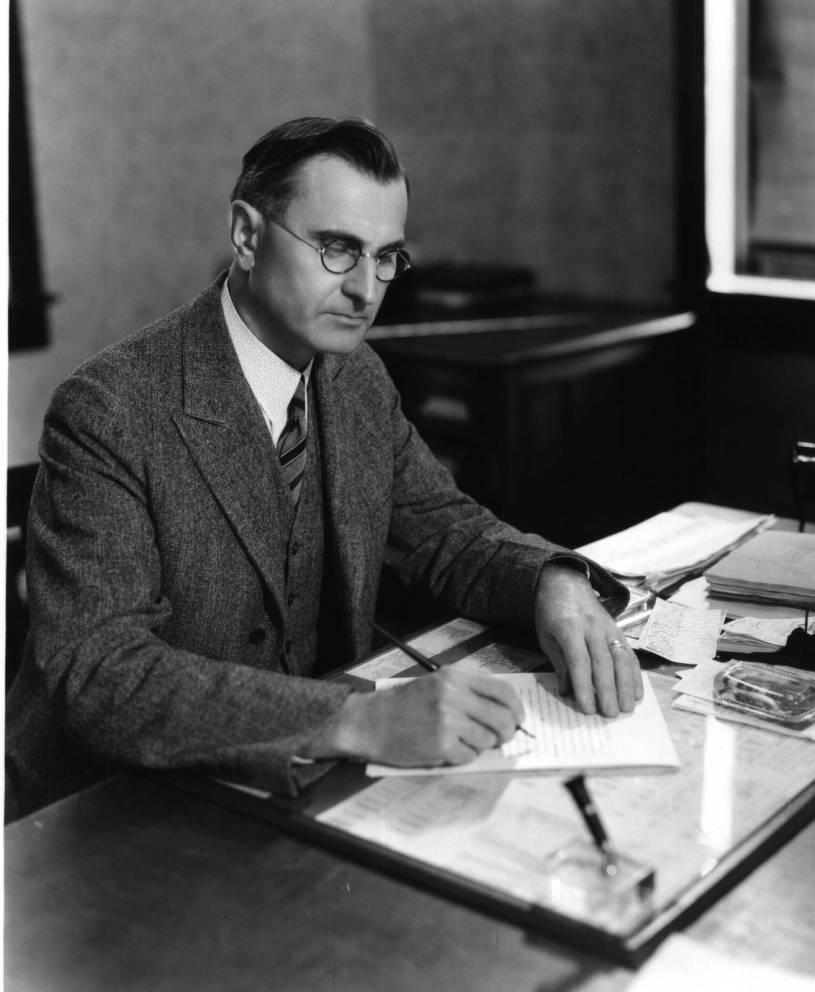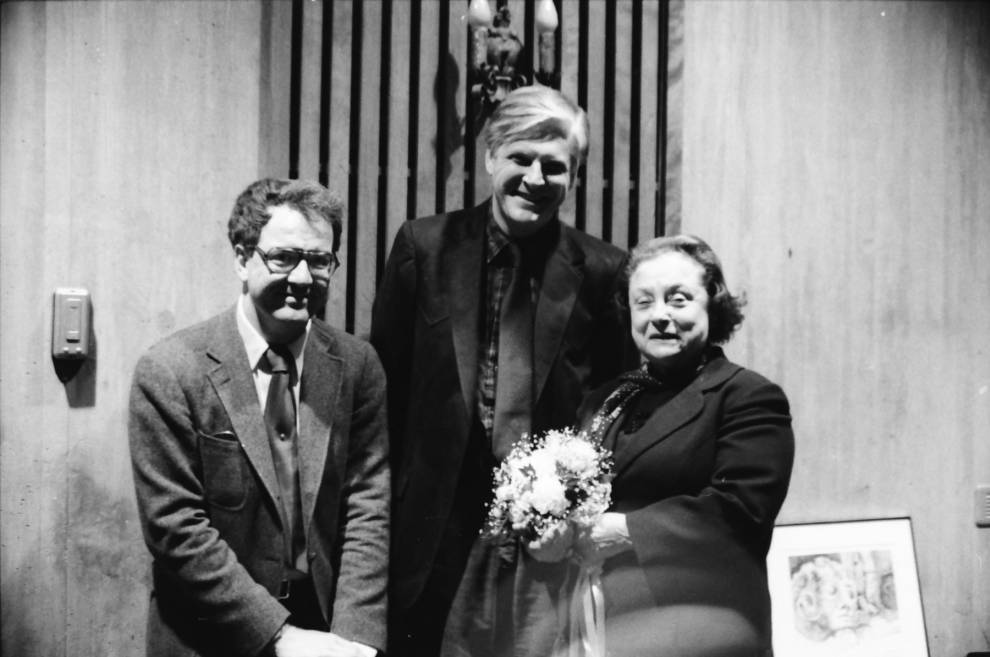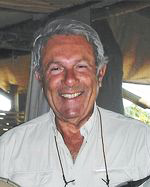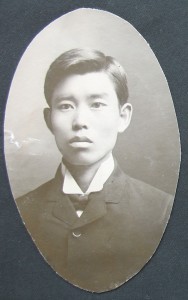This post summarizes changes noted in the Sociology Department by examining the Catalogue of Courses. Course catalogs from 1851-1954 are available online; the rest are available in print in the University Archives.
The 1898-99 Course Catalog contains the name of the first faculty member affiliated with the discipline: “Sain Welty, M.A., LL.B., Political Science and Sociology.” (See his photo at https://bit.ly/2ZAbG13) A Non-resident M.A. in Sociology was awarded to Joseph Cookman Nate the same year.
The first course in sociology found in the 1899-1900 catalog is offered under Political Science. The same catalog provides a description of the course and its proposed frequency (pp. 54-55):
“A course in Sociology will be offered in the spring of 1900, and thereafter on alternate years with Economics (1). The course will necessarily be brief, Gidding’s text being used as a basis.”
Sociology continues with the same listing/requirements (“to be taken Senior year and then alternating years with economics”) in the following:
– 1900-1901 Under the direction of Oliver Lincoln Lyon, PhD, Instructor in Sociology and Economics and with a fuller description:
“The purpose in sociology is to trace the evolution of society from its primitive forms to its present state of complexity, to note the reciprocal adjustment of life and environment, to see how forces both subjective and objective have operated to bring about a normal state of society and to examine the forces which are now tending to change its structure.”
The catalog lists three courses: An Elementary Study of Social Principles and
Phenomena, The Principles of Sociology, and Seminary. The latter carries this description: “A study of such sociological problems as Organized Charity, Socialism, Communism, Crime, Urban Life and Social Selection, Negro, Immigrant, Sociological Study of the Family, Social Teaching and the Influence of Christianity.”
– 1905-06 Julius Christian Zeller, B.., A.M., B.D. is Professor of Philosophy and Sociology in the 1905-1909 catalogs.
In June 1906 James Robert Lincoln Diggs became the first African-American in the U.S. to earn a Ph.D. in Sociology. He graduated from IWU’s Non-Resident degree program. [More information about him is available in this post.]
– 1910-11 Course offered under Social Sciences and led by Ross Lee Finney, Ph.B., A.M., S.T.B., who also teaches in Education, Psychology and Religion.
– 1912-13 First time there is a Department of Social Sciences listed. There are courses as diverse as Economic Theory, Money and Banking, Railroad Transportation, Trusts and Monopolies, Problems of Labor, Social Theory and more.
– 1917-18
– 1919-20
– 1921-22 Listed as the Department of Economics and Social Sciences and led by Carl W. Strow, A.B., A.M. This is the first time a description is listed for the department:
“The general aim of the Department is to educate for enlightened citizenship, for alert membership in society, for socialization of the individual. Systematic courses seek to accomplish this end by providing accurate, scientific information concerning social conditions and by the inculcation of scientific social attitudes.”
– 1924-27 Frederic M. Thrasher, A.B., A.M., and two years of additional graduate work, continues as Professor of Economics and Sociology.
– 1926-27 Sociology has its own department, headed by Thrasher, and offers this description:
“The courses presented in the department of sociology deal with the interplay of human personalities and groups and the problems arising therefrom. They are designed to afford to the average college student a broad understanding of social life and of human nature in its related and interacting aspects. Qualified students may pursue a course in this department designed to prepare them for teaching social science in high school or college or for technical training in social work.”
– 1928-29 Professor Samuel C. Ratcliffe, A.B., A.M, Ph.D. listed as department head and by 1931 carries this description:
“The courses presented in the department of sociology deal with the relationships between persons and groups and with the problems which arise therefrom. Each course contributes toward a more adequate understanding of some phase of social life and thus
promotes a more intelligent citizenship. Students who plan to enter any phase of social welfare work, as a vocation, should major in this department.”
In 1933 Edelbert Rodgers became the first African-American to graduate from IWU’s residential program with a Sociology degree. More information about him is available in this post.
[Research into this department’s development ceased with this year.]

